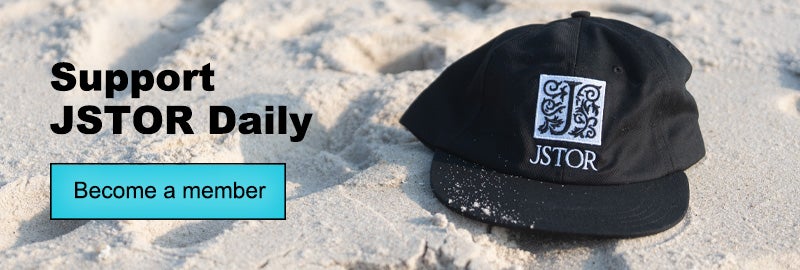The story of Asian immigrants to the United States in the early 20th century was often marred by virulent anti-Asian sentiments on the parts of whites. This is perhaps best exemplified by attempts to keep Asians out of the United States using laws such as the so-called “Gentlemen’s Agreement.” The issue took form in another, more unexpected arena, explains Joan Wang, when the debate over race and American civilization made its way to the laundry industry.
Though doing laundry had previously been considered an activity for women, America’s emerging laundry industry was open to men. Wang writes that white and Chinese laundrymen clashed throughout the early 20th century on who should own and operate laundry businesses. This led to the emergence of “white power laundrymen,” who battled Asian laundries using associations such as the “Anti-Jap Laundry League.”
By emphasizing men’s roles in the development of the power laundry industry, writes Wang, white laundry men created a potent myth of male and American supremacy. They feminized Chinese laundrymen who did their work by hand, while simultaneously casting Chinese men as a “menace” to “civilized” laundries. New technology intensified the battle, which involved slandering Asian laundry owners and attempting to drive white patrons to more expensive, white-run laundries instead.
These issues of race and culture reached their zenith in the 1910s, when white laundry launched public relations campaigns against their Chinese counterparts. Hiding behind a mask of “concern” over the transmission of disease in laundry settings, white power launderers manage to transmit anti-Asian sentiment and surpass Asian laundries.
Though Wang emphasizes that white power launderers were unable to wipe out their Chinese counterparts, she notes that efforts to stamp outs Asian laundries embodied “a campaign against Chinese immigration”—one that relied on the link between “machinery, masculinity, and civilization” to achieve its racist ends.







